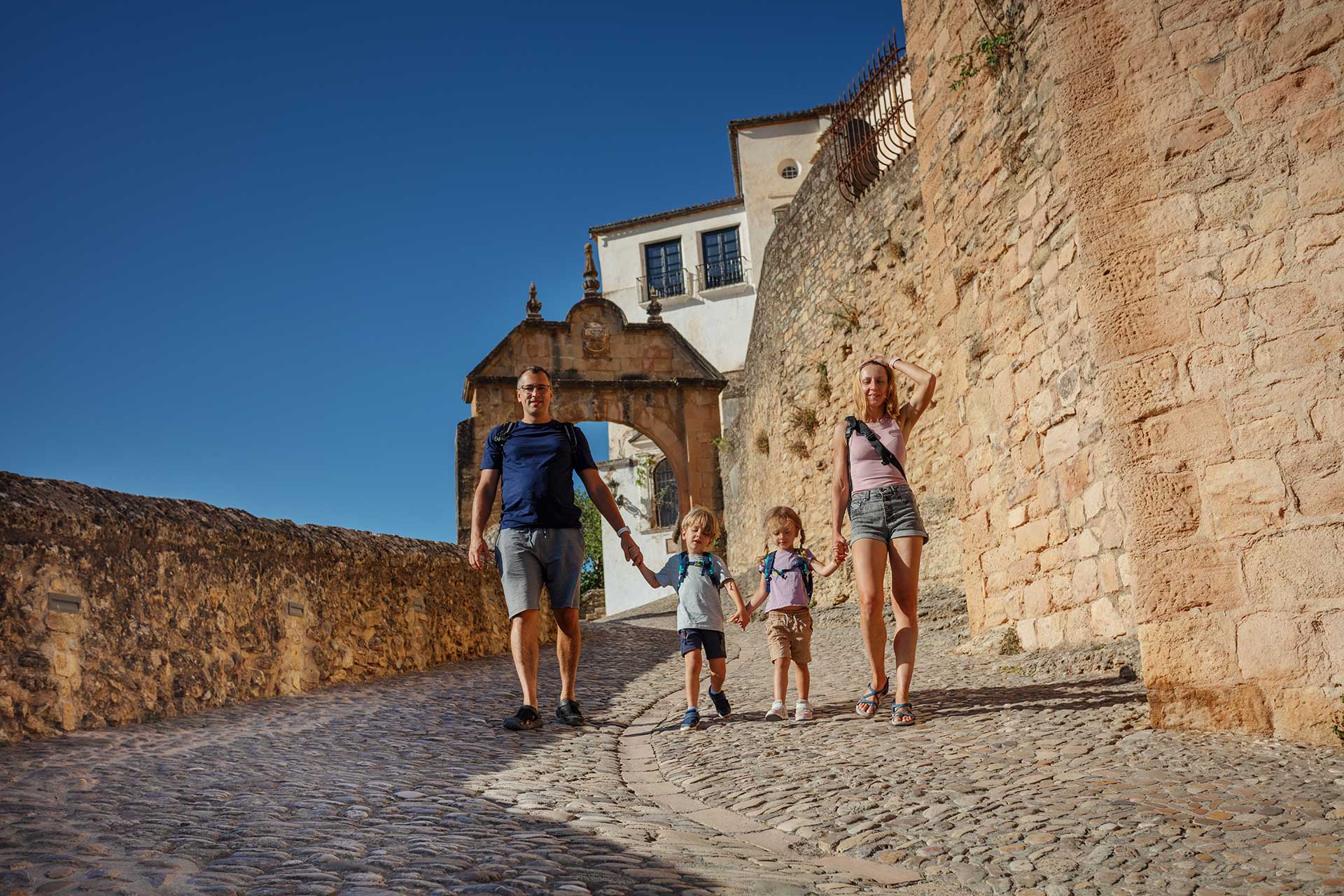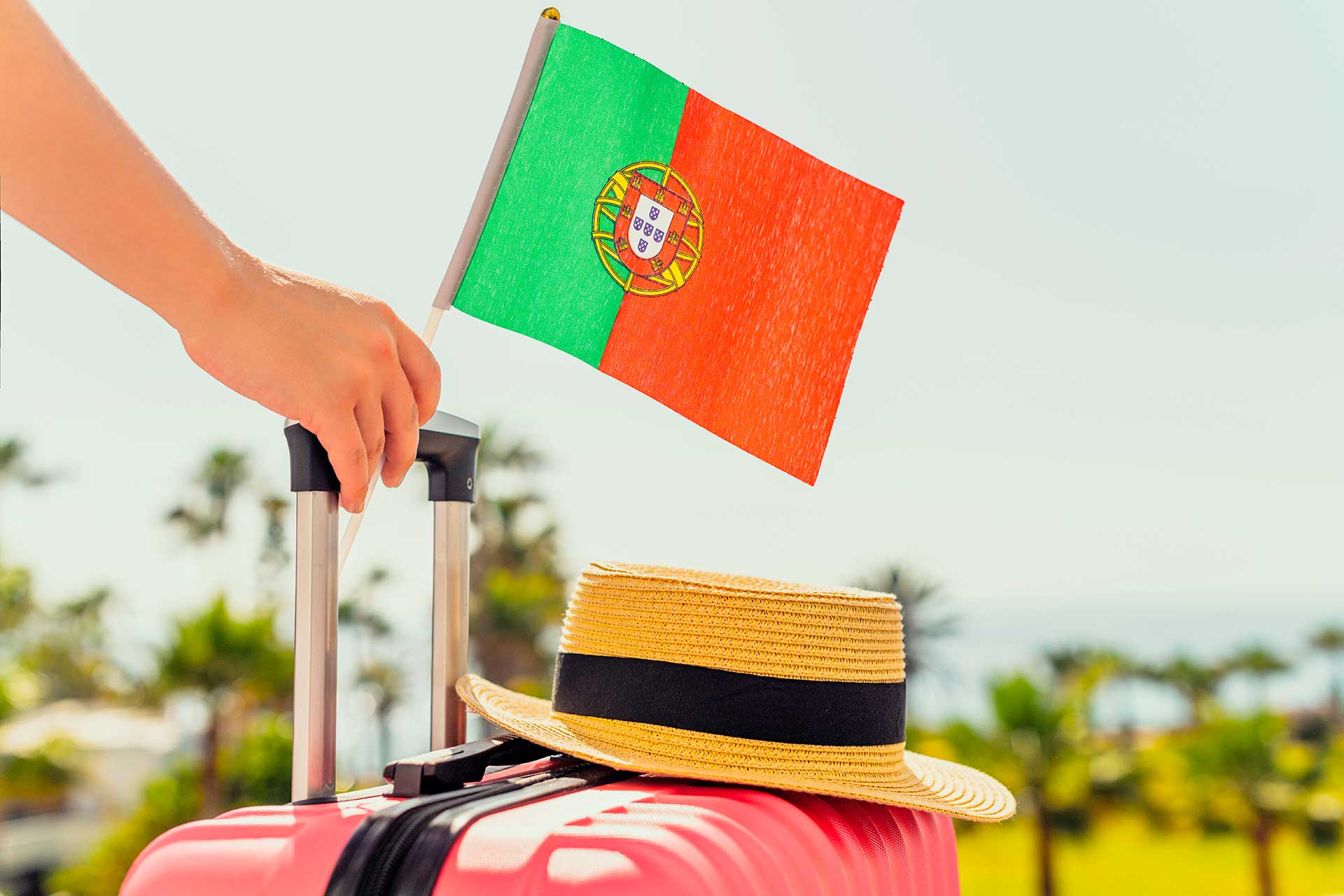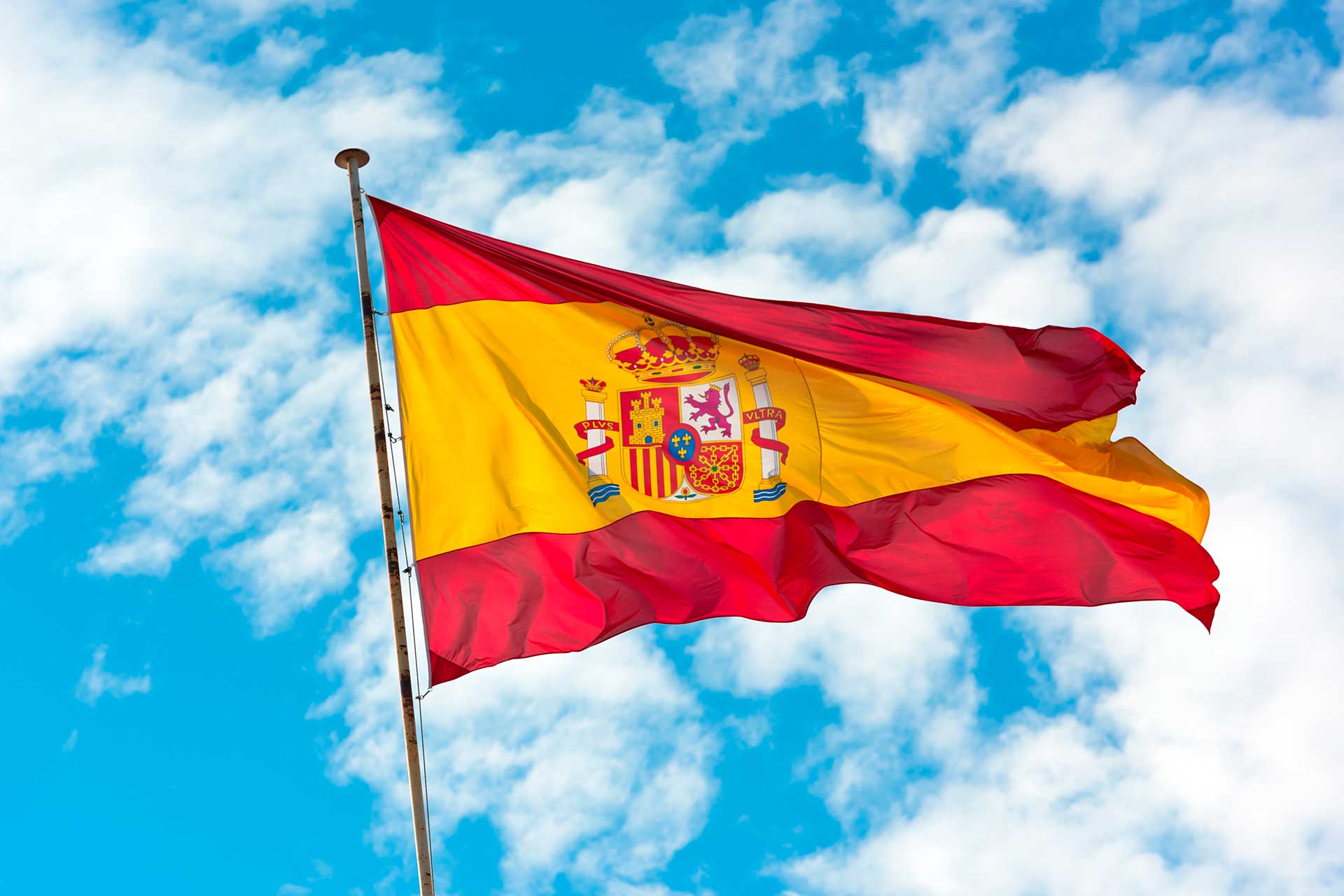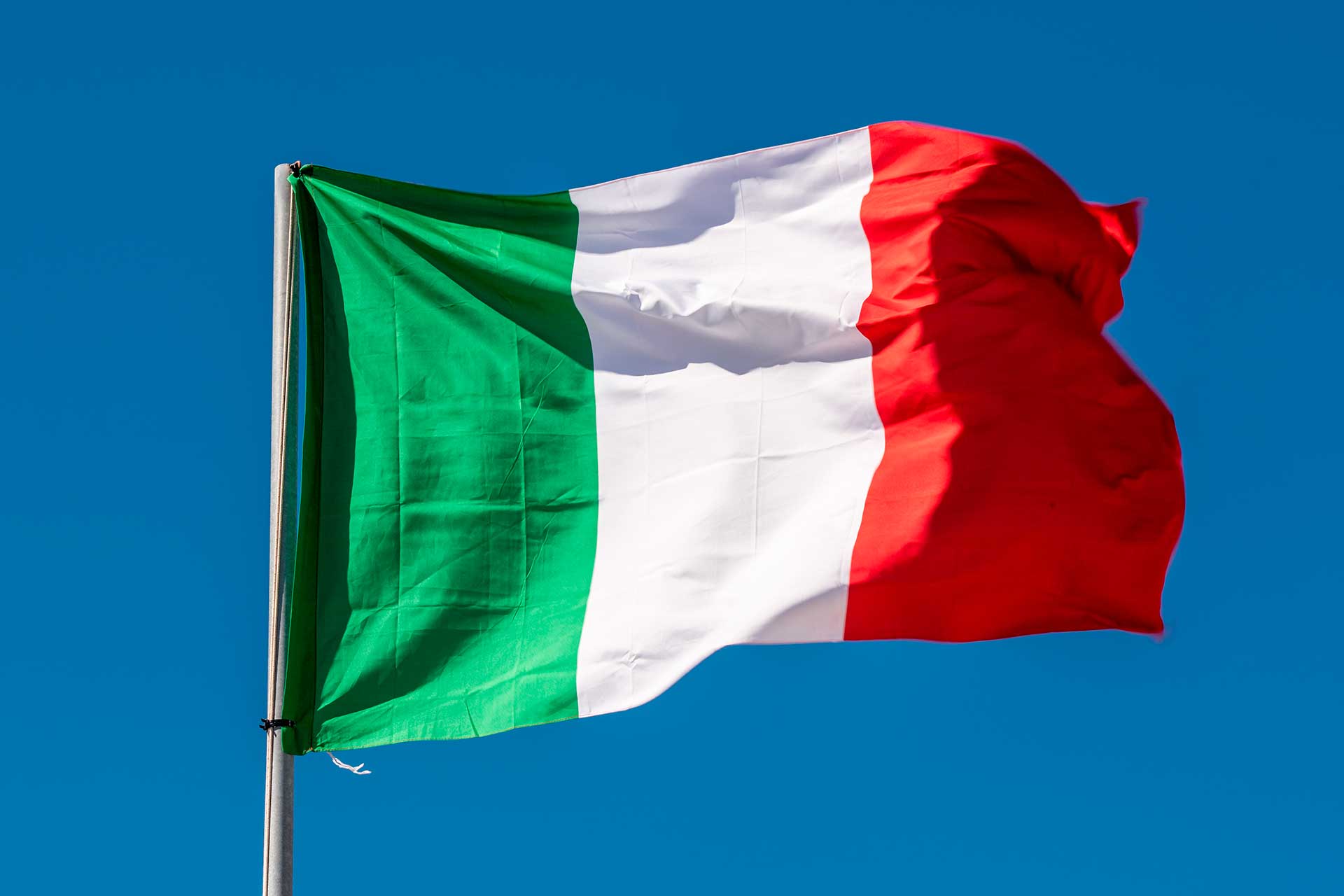January 27, 2025
Moving to Romania gives you the opportunity to live and work legally in the European Union. One of the main reasons immigrants seek to settle there is the relatively low cost of living and real estate. For some categories of foreign citizens there is an opportunity to move to Romania and obtain citizenship on simplified terms, which also contributes to the growing popularity of the country.
Romania has been a member of the European Union since 2007 – this gives its citizens the right to free movement, residence, work and study in any other state of the association. Another advantage of the country is its growing economy – new employment and business opportunities regularly appear here. For information about the available ways to obtain a Romanian passport, please contact the company’s specialists. Experienced lawyers will help you choose the most suitable option for your quick and easy move to the EU.
Reasons to choose Romania for relocation
Emigration from other countries to Romania is popular among foreign nationals because of the opportunity to settle in an EU state with a high standard of living, as well as because of a number of other advantages:
- access to banking services of Romanian financial institutions – opening of accounts, mortgages and lending;
- the possibility of doing business in Romania with the prospect of expansion to the EU territory;
- access to employment in the country and the European Union;
- the prospect of being able to purchase real estate in the Republic and any corner of the EU without the need for permits;
- travel within the Schengen zone under simplified conditions (air and sea borders are open, the issue of land borders will be considered in the near future);
- access to health care services in Romania, as well as to pan-European health insurance;
- possibility to obtain citizenship of the state after 8 years of residence on its territory;
- availability of a simplified program for granting passports to foreigners with up to 14 months of belonging to the country;
- possibility to receive education in prestigious universities of Romania and the European Union;
- access to social and pension payments in accordance with the legislation;
- wealth of culture, a large number of historical monuments, monasteries, castles and museums.
In addition, it is worth moving to Romania because of the possibility of visa-free travel to more than 160 countries around the world, as well as a simplified procedure for entering the territory of Canada and the United States.
The main stages of moving to Romania
Moving to Romania is a long process that requires careful preparation and strict adherence to the procedure, so it is worth contacting specialists to get qualified assistance in emigrating from non-EU countries. To achieve a successful result, the immigrant needs to go through a number of stages, each of which has its own specifics.
Choosing a reason to move
Choosing the reason why you can legally move to Romania and reside there for an extended period of time is an extremely important step. In 2025, the reasons for moving to Romania can be:
- employment;
- education;
- marriage to a Romanian citizen;
- investment;
- business immigration;
- family reunification;
- repatriation.
Preparation of the necessary documents
To apply for a residence permit in Romania, it is necessary to collect and prepare a dossier containing a basic set of documents:
- application for a residence permit;
- passport;
- valid visa;
- a document confirming the availability of financial resources;
- health insurance policy;
- documentary evidence of legal grounds for long-term stay in the country (depending on your reason for moving);
- a certificate of absence of criminal record.
All foreign documents must be translated into Romanian and notarized. The timing and success of the application processing directly depend on how complete the dossier you submit.
Applying for a residence permit
After your arrival in Romania, you should apply for a residence permit. You will need to fill out an application form and submit the application package to the Office of the General Inspectorate of Immigration in person or online.
Cost and processing time
Consideration of the application for residence permit takes place within 30 days from the moment of its submission, but if you need to complete the package of documents or undergo any checks, it can be extended for another 15 days. You have to pay about 52 EUR for the production of a residence permit card. The period of validity of the residence permit depends on the basis for which it is issued.

Visa and migration peculiarities
To cross the border of Romania, some categories of foreigners need a visa. At the moment the country issues 4 types of entry permits, depending on the duration and purpose of stay of foreigners:
- airport transit visa (type A) to enter the international zone before boarding an airplane to the country of destination;
- transit visa (type B), allowing a stay on the territory of Romania for a maximum of 5 days;
- short-term visa (type C), which allows a stay of up to 90 days within a 180-day period (for tourist and business trips, short-term medical treatment, private visits, participation in cultural, humanitarian or scientific activities);
- long-term visa (type D) for residence in Romania for 90 days (visas for relocation, various activities, education and family reunification).
Citizens of non-European Union countries, who have obtained a long-term visa, have the right to apply for a residence permit, thus extending their legal stay on the territory of Romania. The application for a residence permit must be submitted to the Office for Foreigners, attaching the following documents:
- visa;
- valid passport;
- health insurance policy;
- proof of financial means for living (usually from 250 EUR per month for the duration of the residence permit);
- a medical certificate issued by a Romanian public or private institution stating that the applicant does not suffer from diseases that pose a threat to public health.
The staff of the Office may request additional documents that confirm the existence of grounds for issuance of the residence permit. The application is considered within 30 days. The right of temporary residence in Romania is issued for 5 years and can be extended for a period from one year.
If a foreign citizen wants to permanently move to Romania and obtain citizenship of the country, he must regularly renew the residence permit, and then obtain a permanent residence permit. Permanent residence in Romania can be issued to applicants who have met the following requirements:
- continuous legal residence in the country for 3 years for an applicant married to a Romanian citizen and 6 years for all other categories of applicants;
- providing proof of money for living – the minimum monthly income must correspond to the average salary in Romania;
- Romanian language proficiency at the domestic level;
- providing proof of housing in the country.
Applicants who are married to Romanian citizens, at the time of applying for a residence permit, must have lived together with their spouse for at least 3 years. Permanent residence in Romania can be obtained without knowing the language and without complying with all the above requirements, but only certain categories of applicants can use such means of relocation:
- applicants of Romanian origin or born in the territory of the country;
- persons who have reached the age of 60
- foreign citizens whose residence in Romania is of interest to the state.
You can obtain a permanent residence card in Romania by submitting an application to the territorial office of the Office for Foreigners. Together with the application, you must submit a package of documents similar to the dossier for the temporary residence permit. Within 10 days from the date of registration, your application will be submitted to the Commission for the analysis of requests for approval of permanent residence in Romania.
Consideration takes 6 months on average, the applicant will receive a reply by letter within 10 days of the decision. It is necessary to receive the permanent residence card within the next 30 days from the receipt of the message. The child of the parents who have issued a Permanent Residence Card acquires the status of a resident together with them.
After 8 years of residence in Romania on the basis of a residence permit or 5 years from the date of marriage with a citizen, you can apply for a passport of the Republic. For refugees, the naturalization period is reduced to 4 years and they do not need a residence permit for this. The legislation regulates certain conditions for applicants applying for citizenship through the standard procedure:
- residence in the territory of the country for the minimum required period;
- reaching the age of majority (18 years);
- loyalty to Romania, no threat to public and state order on the part of the applicant;
- availability of financial means to reside in the country;
- knowledge of the anthem and the provisions of the Constitution;
- no criminal record;
- knowledge of the Romanian language, familiarity with the traditions and culture of the country.
It is also possible to move to Romania under the simplified repatriation program, which allows the following categories of applicants to obtain citizenship:
- former citizens, as well as their descendants up to and including the second degree (it is allowed to retain the passport of the country of origin and place of residence abroad);
- Romanian citizens by birth or adoption who lost their status due to reasons beyond their control, as well as their relatives up to and including the third degree (retention of the original passport and residence abroad is allowed).
In order to achieve a positive result in obtaining Romanian citizenship, you should enlist the support of migration lawyers. Specialists will help to choose the best way to legally move to the country and successfully pass all the stages until the moment of obtaining a passport of the state.
Life in Romania: reviews practical information
After joining the European Union, Romania became especially attractive for foreigners. Among the most suitable cities in Romania for moving to a permanent residence in the reviews of immigrants mention Bucharest, Brasov and Cluj-Napoca.
Bucharest
Romania’s capital city of nearly 2 million inhabitants most often attracts those interested in doing business or building a career. The city has numerous higher education institutions and a large number of medical facilities, including private clinics, hospitals and diagnostic centers.
The average salary of a Bucharest resident is about 1,158 EUR per month, while the expenses of a single person are about 663 EUR. Monthly rent of a one-room apartment costs 378-555 EUR, a three-room apartment – 697-993 EUR. You can buy your own housing outside the city, where you will have to pay about 1 664 EUR per 1 m², or in the center – from 2 821 EUR per 1 m². The monthly payment for utilities in an 85 m² apartment is about 155 EUR.
Food prices here are relatively low, for example, for a kilogram of seasonal vegetables in Bucharest you will pay a little less than 1 EUR, a kilogram of meat costs 6-11 EUR. Dinner for two in a medium-sized restaurant will cost 51 EUR. A monthly pass for public transportation costs just over 16 EUR, while a ticket for one trip will cost 0.60 EUR – exactly the same as a 1 km cab ride.
Brasov
A small medieval town with authentic architecture, located in Transylvania and surrounded by the Carpathian Mountains. Brasov is popular among tourists as it has a ski resort 13 kilometers away. The city has six higher educational institutions, several public hospitals and a small number of private clinics of various directions.
The average salary of a resident of Brasov is 867 EUR, while one person spends 619 EUR per month on living expenses. You can rent a one-room apartment for 359-507 EUR per month, a three-room apartment will cost more – 586-829 EUR. Buying your own home will not be cheap, the cost of 1 m² depending on the location of the property ranges from 1 813-2 491 EUR. The monthly payment for utilities in an 85 m² apartment is 140 EUR.
Food in Brasov costs almost as much as in Bucharest, the difference in prices is measured in cents. Despite the popularity of the city among tourists, visiting restaurants here is more affordable than in the capital – a lunch for two costs about 44 EUR. A monthly pass for public transportation costs 16 EUR, and a single ticket costs 0.80 EUR.
Cluj-Napoca
The city is one of the cultural centers of Romania and Transylvania, it has a large number of attractions and tourist locations. In Cluj-Napoca there are 9 universities of different directions, as well as a large number of hospitals, clinics, diagnostic and medical centers.
The average salary in Cluj-Napoca is 1 148 EUR, while the cost of one person without renting a flat is 636 EUR per month. You can rent a one-room apartment in the city for 406-574 EUR, and a three-room apartment – for 722-1 008 EUR. The cost of buying housing in the city is significantly higher than in the capital. The price of 1 m² varies between 2,439-3,403 EUR, depending on the location of the property. Payment for utilities when living in an 85 m² apartment will be about 122 EUR per month.
The cost of food in the city is similar to the price level in Bucharest. A monthly public transportation pass will cost 20 EUR, with a one-way ticket costing 0.60 EUR. Cab services are a bit more expensive compared to other Romanian cities – 1 km of travel costs about 0.80 EUR.
Advantages and disadvantages of moving to Romania
Immigration to Romania has its pros and cons, which you can learn about from the reviews of foreigners who have moved. Among the advantages of the state that motivate immigrants are the following:
- the development of the economy and labor market creates new prospects for foreign specialists;
- the cost of living in the state is lower than in many other EU states;
- emigration programs with simplified conditions allow you to move from your native country to Romania and legally reside there as a citizen.
However, it is also important to take into account some inconveniences that may arise after arrival in the country. Based on the reviews of foreigners who decided to go to Romania, the following disadvantages can be emphasized:
- comfortable living in the country implies the need to learn Romanian language;
- high level of bureaucracy significantly slows down the solution of administrative issues.
How to simplify the process of immigration to Romania
To move to Romania, you need to obtain a residence permit and then follow the naturalization procedure, which takes a lot of time, requires a lot of effort and money. Even if you have a legal basis for obtaining a residence permit, you need to live in the country for 8 years to become a citizen. It is also worth remembering that you will definitely need to study the language, the basics of the Constitution, traditions and culture of the Romanian people, because without this knowledge you will not be able to obtain a Romanian passport by naturalization.
There are alternative programs of moving to Romania on more loyal conditions – they allow you to obtain citizenship in a period of up to 14 months with much lower costs. To learn more about the available methods of legal immigration to the EU, you can have a free consultation with our lawyers. Fill in the form on the website and you will be contacted by experienced specialists who will help you to choose and implement the optimal plan for quick and easy relocation to Romania.

 English
English  العربية
العربية  Русский
Русский 


